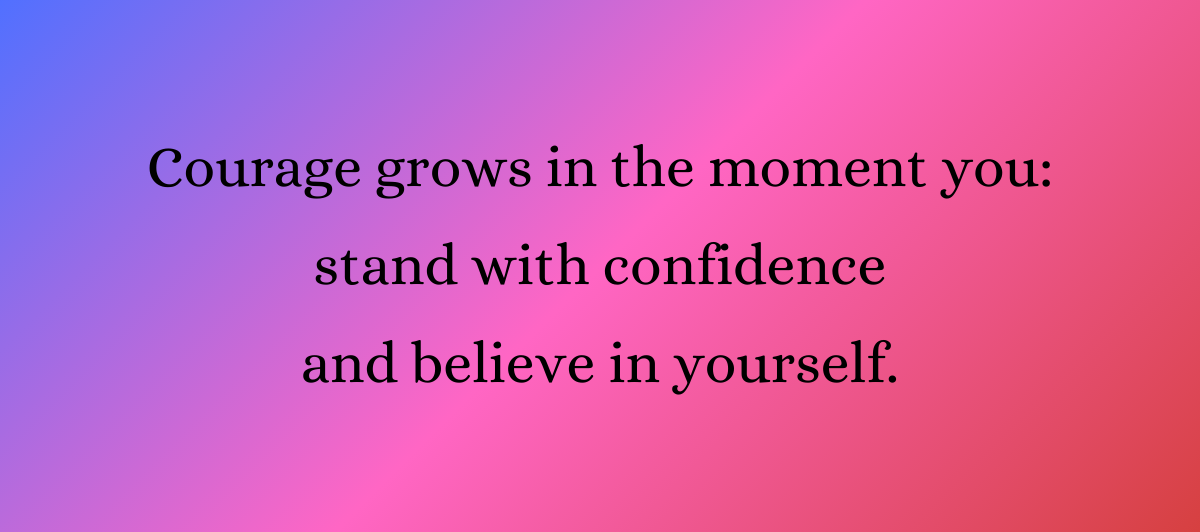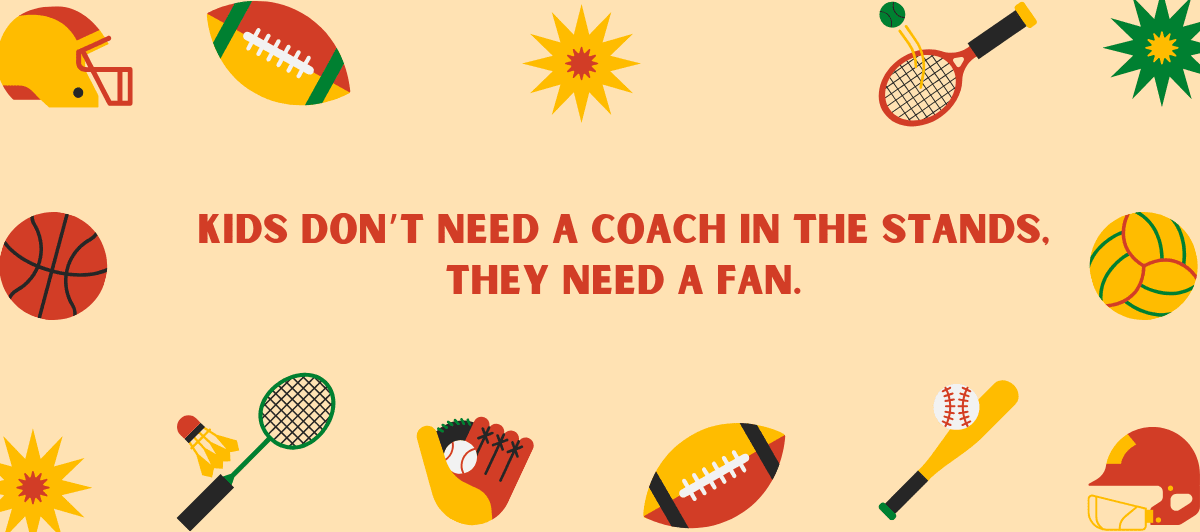
Emotions Impact Mental Health
Talking about mental health is essential. It is impacted by the emotions we experience.
We often don’t realize how much emotions impact mental health.
Our experiences might look different, but we’ve all felt anger, sadness, worry, frustration, disappointment, and overwhelm.
And still, when someone asks, “How are you doing?” many of us reply, “I’m fine.”
Not because it’s true, but because letting others know how you feel can sometimes bring guilt, shame, or the fear of being a burden.
Asking for support takes courage and strength. You don’t have to do this alone.
These powerful messages are displayed in my son’s room – reminders I also see every day:
- It’s okay to feel.
- It’s okay to ask for help.
- It’s okay to not have it all figured out.
This is what I know: Your emotions matter. Your mental health matters. You matter.
Until next time…










